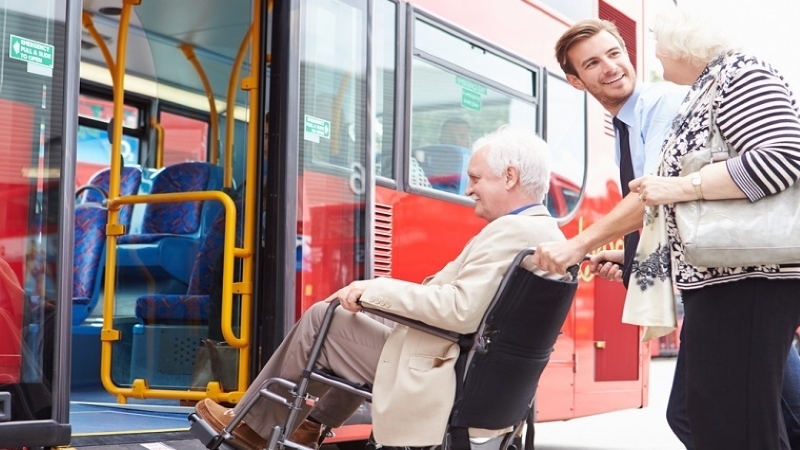
The National Council on Disability is requesting action from the U.S. Department of Justice and the Department of Health and Human Services to reform the regulations outlining the exact criteria for what establishes medical and diagnostic equipment that is "accessible."
Made available in 2017, the Standards for Accessible Medical Diagnostic Equipment (MDE) haven’t been formally adopted by the federal agencies who oversee the enforcement of it, reported Disability Scoop.
The National Council on Disability released a 75-page report regarding the challenges people with disabilities face when seeking health care.
The Americans With Disabilities Act, Section 504 of the Rehabilitation Act and the Affordable Care Act all require that health care services and facilities receive full and equal access, but the report found that people with disabilities say health care professionals frequently skip portions of exams or even refuse care.
“Thirteen percent of American adults have some form of disability impacting their functional mobility, which means there are a significant number of Americans who experience significant barriers to health care exams and preventative care for the absence of accessible examination tables, examination chairs and other medical and diagnostic equipment,” Andres Gallegos, chairman of the National Council on Disability, told Disability Scoop. “As someone who has experienced this firsthand, I can attest that health equity for people with mobility disabilities will remain elusive, absent formal adoption of the MDE standards by enforcing federal agencies.”
The Centers for Disease Control and Prevention reports that 61 million, or 26%, of adults in the U.S. live with some form of disability. One in four women has a disability. Two in five adults over 65 have a disability. And two in five non-Hispanic American Indians/Alaska Natives have a disability.
If disabled individuals are not receiving access to medical and diagnostic equipment, they can file a complaint with the Justice Department. However, the National Council on Disability stated that this is rarely enough to actually effect change.